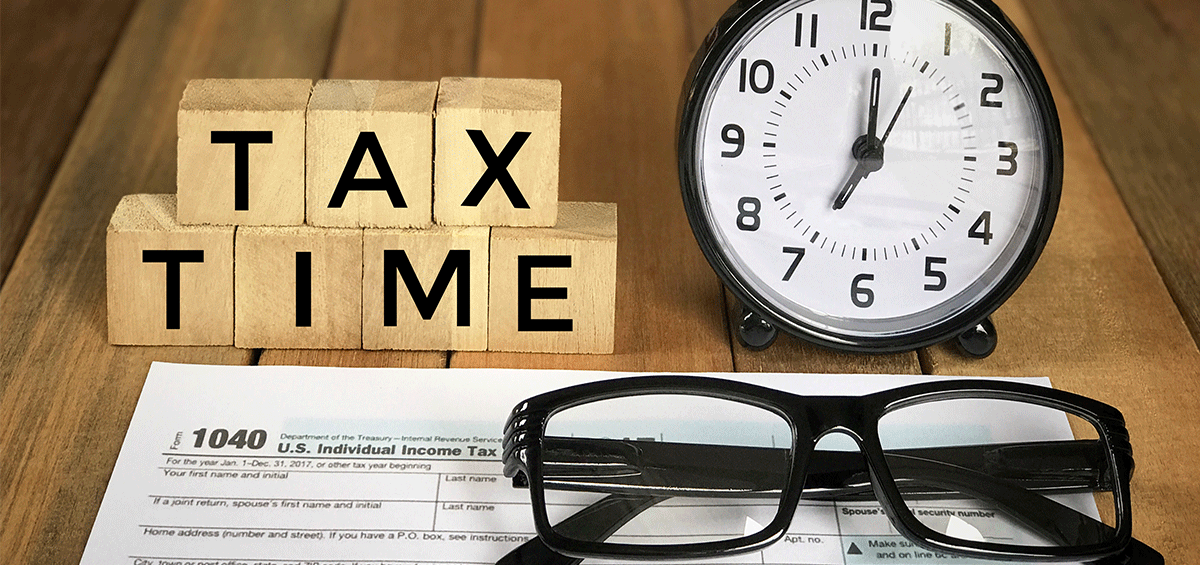Federal Tax Filing Season Starts Soon
The IRS announced its starting date for accepting and processing 2023 tax-year returns is Monday, January 29, 2024.
Tips for making filing easier
To speed a potential tax refund and help with tax filing, the IRS suggests the following:
- Make sure you have received Form W-2 and other earnings information, such as Form 1099, from employers and The dates for furnishing such information to recipients vary by form, but they are generally not required before February 1, 2024. You may need to allow additional time for mail delivery.
- Go to gov to find the federal individual income tax returns, Form 1040 and Form 1040-SR (available for seniors born before January 2, 1959), and their instructions.
- File electronically and use direct
- Check gov for the latest tax information.
Key filing dates
Here are several important dates to keep in mind:
- January 12. IRS Free File opened. IRS Free File Guided Tax Software, available only at gov, allows participating software companies to accept completed tax returns of any taxpayer or family with an adjusted gross income of $79,000 or less in 2023 and hold them until they can be electronically filed with the IRS starting January 29. Also beginning January 29, Free File Fillable forms will be available to taxpayers of any income level to fill out and e-file themselves at no cost.
- January 29. IRS begins accepting and processing individual tax
- April 15. Deadline for filing 2023 tax returns (or requesting an extension) for most
- April 17. Deadline for taxpayers living in Maine or
- October 15. Deadline to file for those who requested an extension on their 2023 tax
Tax refunds
The IRS encourages taxpayers seeking a tax refund to file their tax return as soon as possible. The IRS expects to issue most tax refunds within 21 days of their receiving a tax return if the return is filed electronically, the tax refund is delivered through direct deposit, and there are no issues with the tax return. To avoid delays in processing, the IRS encourages people to avoid paper tax returns whenever possible.
Copyright 2006- Broadridge Investor Communication Solutions, Inc. All rights reserved.
Broadridge Investor Communication Solutions, Inc. does not provide investment, tax, or legal advice. The information presented here is not specific to any individual’s personal circumstances.
To the extent that this material concerns tax matters, it is not intended or written to be used, and cannot be used, by a taxpayer for the purpose of avoiding penalties that may be imposed by law. Each taxpayer should seek independent advice from a tax professional based on his or her individual circumstances.
These materials are provided for general information and educational purposes based upon publicly available information from sources believed to be reliable—we cannot assure the accuracy or completeness of these materials. The information in these materials may change at any time and without notice.
*Non-deposit investment products and services are offered through CUSO Financial Services, L.P. (“CFS”), a registered broker-dealer (Member FINRA / SIPC) and SEC Registered Investment Advisor. Products offered through CFS: are not NCUA/NCUSIF or otherwise federally insured, are not guarantees or obligations of the credit union, and may involve investment risk including possible loss of principal. Investment Representatives are registered through CFS. Coastal Federal Credit Union has contracted with CFS to make non-deposit investment products and services available to credit union members.
CFS representatives do not provide tax or legal guidance. For such guidance please consult with a qualified professional. Information shown is for general illustration purposes and does not predict or depict the performance of any investment or strategy. Past performance does not guarantee future results.
Trust Services are available through MEMBERS Trust Company. CFS* is not affiliated with Members Trust Company.






